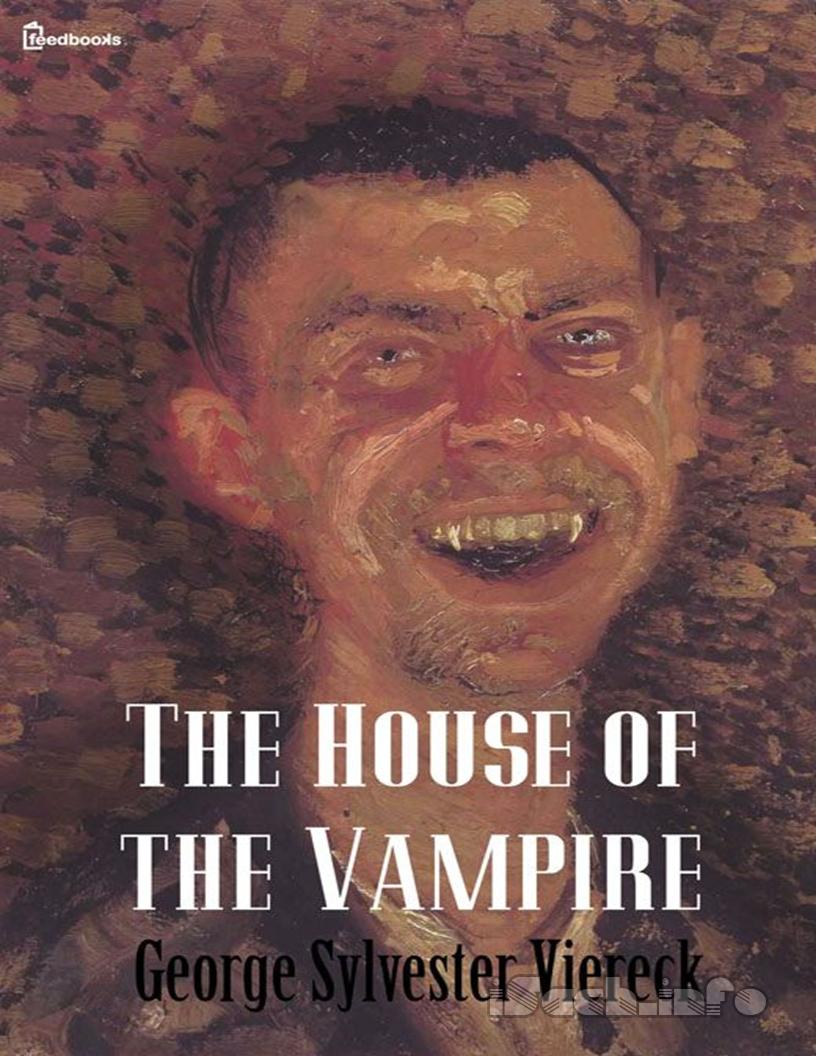Chapter 24
V
ery quietly, with difficulty restraining her own emotion so as not to excite him further, Ethel had related to Ernest the story of her remarkable interview with Reginald Clarke. In the long silence that ensued, the wings of his soul brushed against hers for the first time, and Love by a thousand tender chains of common suffering welded their beings into one.Caressingly the ivory of her fingers passed through the gold of his hair and over his brow, as if to banish the demon-eyes that stared at him across the hideous spaces of the past. In a rush a thousand incidents came back to him, mute witnesses of a damning truth. His play, the dreams that tormented him, his own inability to concentrate his mind upon his novel which hitherto he had ascribed to nervous disease—all, piling fact on fact, became one monstrous monument of Reginald Clarke's crime. At last Ernest understood the parting words of Abel Felton and the look in Ethel's eye on the night when he had first linked his fate with the other man's. Walkham's experience, too, and Reginald's remarks on the busts of Shakespeare and Balzac unmistakably pointed toward the new and horrible spectre that Ethel's revelation had raised in place of his host.
And then, again, the other Reginald appeared, crowned with the lyric wreath. From his lips golden cadences fell, sweeter than the smell of many flowers or the sound of a silver bell. He was once more the divine master, whose godlike features bore no trace of malice and who had raised him to a place very near his heart.
"No," he cried, "it is impossible. It's all a dream, a horrible nightmare."
"But he has himself confessed it," she interjected.
"Perhaps he has spoken in symbols. We all absorb to some extent other men's ideas, without robbing them and wrecking their thought-life. Reginald may be unscrupulous in the use of his power of impressing upon others the stamp of his master-mind. So was Shakespeare. No, no, no! You are mistaken; we were both deluded for the moment by his picturesque account of a common, not even a discreditable, fact. He may himself have played with the idea, but surely he cannot have been serious."
"And your own experience, and Abel Felton's and mine—can they, too, be dismissed with a shrug of the shoulder?"
"But, come to think of it, the whole theory seems absurd. It is unscientific. It is not even a case of mesmerism. If he had said that he hypnotised his victims, the matter would assume a totally different aspect. I admit that something is wrong somewhere, and that the home of Reginald Clarke is no healthful abode for me. But you must also remember that probably we are both unstrung to the point of hysteria."
But to Ethel his words carried no conviction.
"You are still under his spell," she cried, anxiously.
A little shaken in his confidence, Ernest resumed: "Reginald is utterly incapable of such an action, even granting that he possessed the terrible power of which you speak. A man of his splendid resources, a literary Midas at whose very touch every word turns into gold, is under no necessity to prey on the thoughts of others. Circumstances, I admit, are suspicious. But in the light of common day this fanciful theory shrivels into nothing. Any court of law would reject our evidence as madness. It is too utterly fantastic, utterly alien to any human experience."
"Is it though?" Ethel replied with peculiar intonation.
"Why, what do you mean?"
"Surely," she answered, "you must know that in the legends of every nation we read of men and women who were called vampires. They are beings, not always wholly evil, whom every night some mysterious impulse leads to steal into unguarded bedchambers, to suck the blood of the sleepers and then, having waxed strong on the life of their victims, cautiously to retreat. Thence comes it that their lips are very red. It is even said that they can find no rest in the grave, but return to their former haunts long after they are believed to be dead. Those whom they visit, however, pine away for no apparent reason. The physicians shake their wise heads and speak of consumption. But sometimes, ancient chronicles assure us, the people's suspicions were aroused, and under the leadership of a good priest they went in solemn procession to the graves of the persons suspected. And on opening the tombs it was found that their coffins had rotted away and the flowers in their hair were black. But their bodies were white and whole; through no empty sockets crept the vermin, and their sucking lips were still moist with a little blood."
Ernest was carried away in spite of himself by her account, which vividly resembled his own experience. Still he would not give in.
"All this is impressive. I admit it is very impressive. But you yourself speak of such stories as legends. They are unfounded upon any tangible fact, and you cannot expect a man schooled in modern sciences to admit, as having any possible bearing upon his life, the crude belief of the Middle Ages!"
"Why not?" she responded. "Our scientists have proved true the wildest theories of mediæval scholars. The transmutation of metals seems to-day no longer an idle speculation, and radium has transformed into potential reality the dream of perpetual motion. The fundamental notions of mathematics are being undermined. One school of philosophers claims that the number of angles in a triangle is equal to more than two right angles; another propounds that it is less. Even great scientists who have studied the soul of nature are turning to spiritism. The world is overcoming the shallow scepticism of the nineteenth century. Life has become once more wonderful and very mysterious. But it also seems that, with the miracles of the old days, their terrors, their nightmares and their monsters have come back in a modern guise."
Ernest became even more thoughtful. "Yes," he observed, "there is something in what you say." Then, pacing the room nervously, he exclaimed: "And still I find it impossible to believe your explanation. Reginald a vampire! It seems so ludicrous. If you had told me that such creatures exist somewhere, far away, I might have discussed the matter; but in this great city, in the shadow of the Flatiron Building—no!"
She replied with warmth: "Yet they exist—always have existed. Not only in the Middle Ages, but at all times and in all regions. There is no nation but has some record of them, in one form or another. And don't you think if we find a thought, no matter how absurd it may seem to us, that has ever occupied the minds of men—if we find, I say, such a perennially recurrent thought, are we not justified in assuming that it must have some basis in the actual experience of mankind?"
Ernest's brow became very clouded, and infinite numbers of hidden premature wrinkles began to show. How wan he looked and how frail! He was as one lost in a labyrinth in which he saw no light, convinced against his will, or rather, against his scientific conviction, that she was not wholly mistaken.
"Still," he observed triumphantly, "your vampires suck blood; but Reginald, if vampire he be, preys upon the soul. How can a man suck from another man's brain a thing as intangible, as quintessential as thought?"
"Ah," she replied, "you forget, thought is more real than blood!"



 ePub
ePub A4
A4